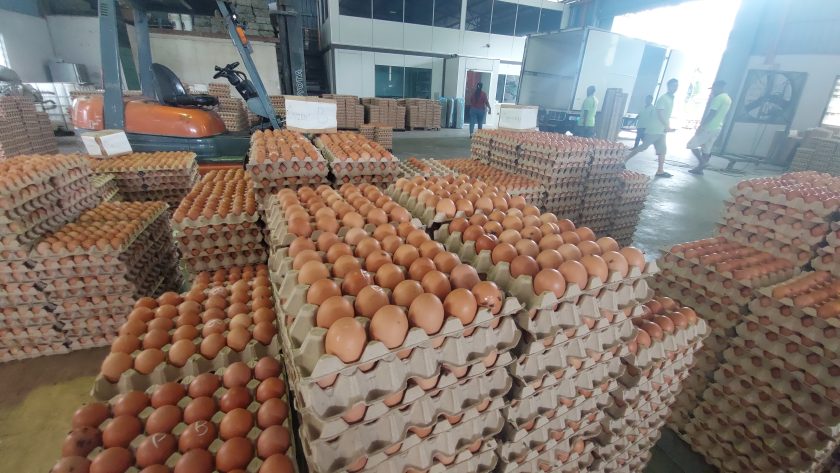Malaysia began implementing a restructured chicken egg subsidy program starting August 1. The phased, targeted approach aims for long-term sustainability and greater market impact.
The Ministry of Agriculture and Food Security called the change essential to stabilizing local prices and securing the national egg supply.
Special grade eggs
A key feature of the restructuring is Special Grade eggs, a new lower-cost category to be introduced by the poultry industry. It is designed to cushion the impact of rising living costs.
National initiatives like the Agro Madani Sale and Rahmah Sale programs will continue to offer competitively priced eggs. These programs serve low- and middle-income consumers across Malaysia.
Between February 2022 and December 2024, Malaysia spent nearly USD 530 million on chicken egg subsidies. This supported households and the industry during the pandemic and global supply chain disruptions.
“This is a significant allocation that was always intended to be temporary,” the ministry said in a statement. “It supported both consumers and industry players through unprecedented volatility driven by Covid-19 and global logistics constraints.”
Reducing fiscal strain
With market stabilizing, the government is shifting toward a more structured and data-driven model. It will focus subsidies where they are most needed, while reducing fiscal strain.
Meanwhile, the Ministry of Domestic Trade and Cost of Living will continue monitoring retail pricing and distribution under the Price Control and Anti-Profiteering Act 2011.
Enforcement remains a priority. The goal is to prevent profiteering and maintain fair retail prices.
“This adjustment is a necessary to ensure that retail egg prices remain fair, transparent, and aligned with current supply dynamics,” the statement added.
Reevaluation of food subsidies across Asia
Across Asia, governments are reevaluating broad-based food subsidies. Many are switching to targeted mechanisms in response to inflation and tighter budgets.
Industry stakeholders cautiously welcomed Malaysia’s new model. Improved pricing transparency and feed cost management may reduce long-term volatility in the egg supply chain.
Malaysia currently produces over 1.75 billion eggs per month, well above national consumption levels. The surplus supports both internal needs and limited export volumes.
Food accessibility
The introduction of Special Grade Eggs is seen to set a pricing benchmark. These will keep eggs accessible for budget-conscious consumers while giving producers more room to manage costs.
Officials will monitor the new framework closely in the coming months. Further adjustments are expected based on market performance, input cost trends, and consumer demand.

